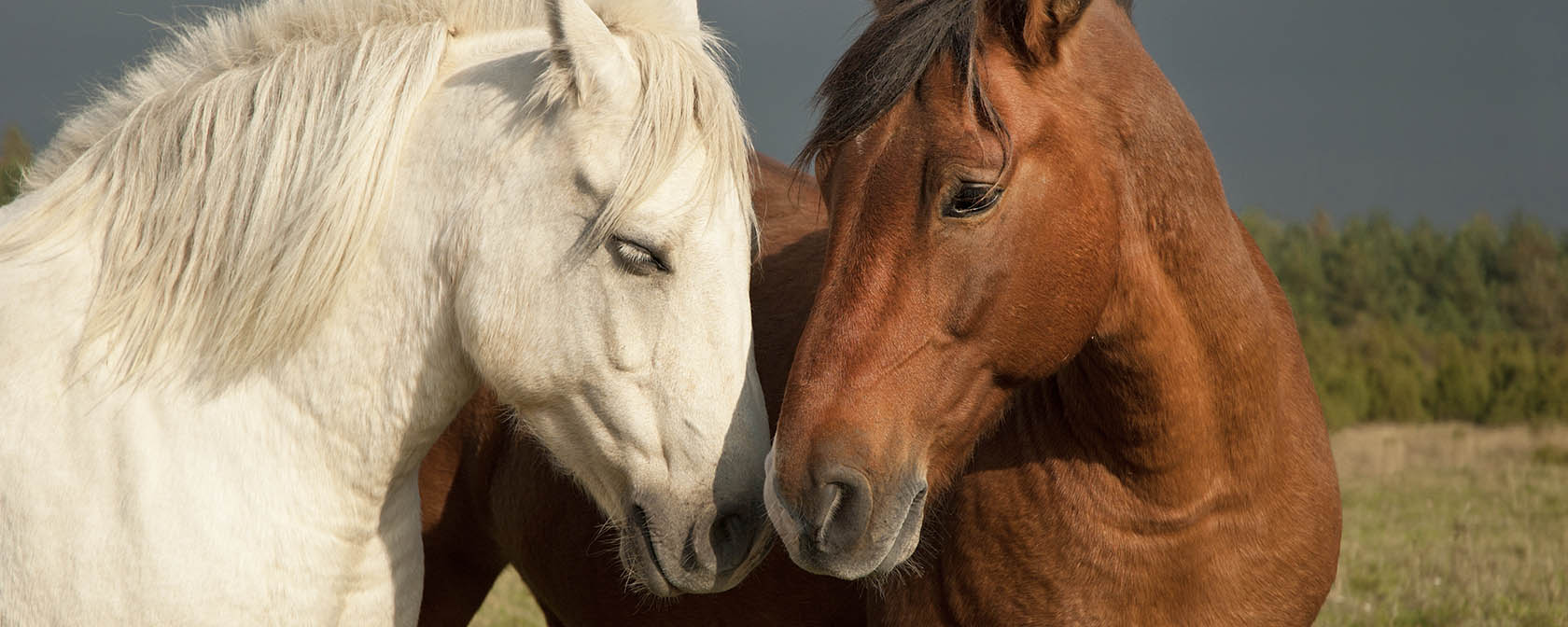By Sara Amundson and Kitty Block
Congress has begun its annual process of funding federal departments, agencies and programs, and last night two House subcommittees voted to include several crucial provisions benefiting animals in their FY2021 appropriations bills.
The Agriculture Appropriations Subcommittee bill presented by Chairman Sanford Bishop, D-Ga., included vital funding increases and language covering many priority issues involving the U.S. Department of Agriculture, including horse soring, horse slaughter, the welfare of animals in puppy mills and roadside zoos, and the treatment of farm animals in slaughterhouses and USDA research facilities.
The State-Foreign Operations Subcommittee, chaired by Rep. Nita Lowey, D-N.Y., included new resources in its bill to help imperiled wildlife and safeguard biodiversity around the world.
Key provisions in the agriculture subcommittee bill include:
- Doubling of funds to crack down on horse soring. The bill increases funding to enforce the Horse Protection Act from the current $1 million in FY2020 to $2 million in FY21. Weak oversight of this law has allowed the cruel practice of “soring” to persist—with unscrupulous trainers continuing to deliberately inflict pain on the hooves and legs of Tennessee Walking Horses and related breeds to gain an unfair competitive advantage at horse shows.
- More funding to expand domestic violence shelter options for people with pets. The bill includes $3 million—up from $2 million in FY2020—for a grant program that provides emergency and transitional shelter options for domestic violence survivors with companion animals. Only 10 percent of domestic violence shelters currently allow pets. Rep. Katherine Clark, D-Mass., who introduced the PAWS Act, led efforts to secure this funding.
- Requiring facilities regulated by the Animal Welfare Act, such as puppy mills and roadside zoos, to have emergency response plans for the animals in their care. Facilities that use animals will be required to have disaster plans in place. USDA required this in a final rule issued in 2012, but then indefinitely delayed its implementation in 2013. The bill directs the USDA to lift the stay on its final rule. Reps. Dina Titus, D-Nev., and Peter King, R-NY, championed this provision.
- Permanently requiring that USDA Agricultural Research Service (ARS) facilities receive inspections. The bill mandates that ARS laboratories housing animals be inspected for compliance with the Animal Welfare Act.
- Ending higher-speed slaughter lines during the pandemic. As slaughterhouses have emerged as coronavirus hotspots, the USDA has made the situation even worse for workers, animals and food safety by granting industry requests to increase line speeds that were already excessive. The bill directs the USDA to revoke any line speed waivers issued to slaughter plants since the pandemic began and not issue any new waivers for the duration of the crisis, unless the assistant secretary of labor for Occupational Safety and Health certifies that line speed increases at a particular plant would have no adverse impact on worker safety. Rep. Marcia Fudge, D-Ohio, plans to introduce the “Safe Line Speeds in COVID-19 Act” soon with Rep. Rosa DeLauro, D-Conn., to protect workers, animals and consumers from the dangers posed by higher line speeds in poultry, pig and cattle slaughter plants.
- Preventing government spending on horse slaughter inspections. This language in the measure would effectively prevent horse slaughter in the United States for human consumption. Such “defund” language has been enacted nearly every year since 2005. Reps. Jan Schakowsky, D-Ill., and Vern Buchanan, R-Fla., led a letter signed by 113 Representatives seeking this provision.
- Enforcing humane slaughter requirements. The bill maintains staffing for inspections and enforcement related to the Humane Methods of Slaughter Act, to prevent the mistreatment and suffering of farm animals in USDA-inspected slaughter plants.
- Renewing the prohibition on licensing Class B dealers. The bill prevents the USDA from using funds to license “Class B random source” dealers, who are notorious for obtaining cats and dogs through fraudulent means, including pet theft, holding them in awful conditions and then selling them into research. Rep. Lucille Roybal-Allard, D-Calif., requested this language once again this year.
The State-Foreign Operations appropriations bill includes provisions that would:
- Combat wildlife poaching and trafficking around the world. The bill provides dedicated funding to the U.S. Department of State and U.S. Agency for International Development (USAID) to combat the transnational threat of wildlife poaching and trafficking through international security assistance. It also provides dedicated funding to invest in the Global Environment Facility, an independent financial institution with projects in 183 countries, including programs that combat wildlife poaching and trafficking.
- Protect global biodiversity. The bill provides bilateral economic assistance funding for USAID biodiversity conservation programs that help protect some of the largest, most at-risk natural landscapes and the wildlife and millions of people who depend on them for survival.
We are immensely grateful to committee leaders and members, including Agriculture subcommittee Chairman Bishop, subcommittee Ranking Member Jeff Fortenberry, R-Neb., all the legislators who championed the pro-animal USDA measures, and Reps. Earl Blumenauer, D-Ore., and Christopher Smith, R-N.J., for their outstanding bipartisan mobilization of a record-breaking 207 Representatives who requested many of these animal protection provisions. We also thank Reps. Grace Meng, D-N.Y., Peter King, R-N.Y., and all of the legislators who advocated the pro-wildlife language in the State-Foreign Operations bill, and Chairwoman Lowey for including these critical provisions in her subcommittee’s bill.
We are off to a tremendous start in our efforts to help animals through the annual appropriations process. In the coming months our Humane Society Legislative Fund staff, which fought to get these provisions included, will continue to work closely with our allies in Congress to ensure they become law. The annual appropriations process has yielded many key reforms for animals in past years, and we’ll leave no stone unturned to ensure that the FY21 package takes our cause even further.
Kitty Block is President and CEO of the Humane Society of the United States.




